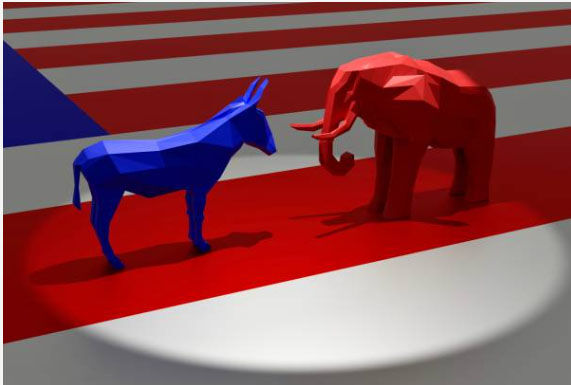SLOAN | The market, not government, should dictate Disney


I’m willing to wager that if 20 years ago you were to suggest two decades hence Disney World would be at the center of a controversy involving a law concerning inappropriate sexual instruction to kindergarteners, and the State of Florida was preparing to pull Disney’s special district status, you would be accused of peddling anti-American dystopian nonsense at best, of lunacy at worst.
For best or worst, that is where we are in 2022.
The whole sordid episode raises several issues, but the central contention has pivoted somewhat away from the merits of the bill in question to state government’s response to Disney’s unfortunate weighing in on it. That response, of course, has been the threat of stripping Disney World of it’s “Special Independent District” status, through which it enjoys unique tax treatment, a high degree of autonomy, and other benefits bestowed on it by the state in exchange for its mere existence. Existence, that is, as an enormous economic driver and jobs-and-revenue generator.
First, a few points of order: Disney was stupid and wrong to bring this upon itself, which it did. The bill they went to the mattresses over simply says “Classroom instruction by school personnel or third parties on sexual orientation or gender identity may not occur in kindergarten through grade 3 or in a manner that is not age appropriate or developmentally appropriate for students in accordance with state standards.” Hardly the stuff of Aldous Huxley’s nightmares, and popular with an overwhelming majority of Floridians – and Americans in general, from both parties – if presented the actual wording of the law. That such a law is required in the first place serves as something of an indictment on modernity.
The legislative outcome was a decisive victory for Florida’s Republican state government. The bill passed, was signed into law, and enjoys widespread support. It is a battle that Disney joined foolishly, lost convincingly, and if there are consequences to the company and its image, so be it. But should one of those be loss of its special district status?
There is the argument that special independent districts are merely distortions created by government in the course of playing economic favorites, and that argument is not without merit. But it is a little more complicated than that. They are hardly unusual… every state, including Colorado, has hundreds of special districts of one sort or another; everything from airports, to massive sporting venues, to enterprise zones. Should each of those be pulled if their management runs afoul of the government of the day? What if it were the other ox getting gored – should Colorado’s Democratic governor and legislature eliminate a special district in a rural area because the people who run it vocally disapprove of some new environmental policy? It’s as tricky a proposition as that of how much a tax-exempt church should be permitted to speak out on political matters.
The argument against Disney’s Special Independent District is a little shallower in any case. It was not an issue six months ago; there was no outcry about the structural manipulation of the economy done by special districts (whether there ought to have been or not) until Disney decided to go rogue on the bill. The almost comical hypocrisy of folks like California Gov. Gavin Newsom calling out Florida for being “anti-business” aside, it’s difficult to argue that it’s not political retribution.
This is a frightening power of government, no less frightening if the power happens to be concentrated in the hands of the party you align with.
Disney ought to face consequences for its bizarre foray into politics, but those consequences should come from parents who, angry and bewildered as to why a place that bills itself as the ostensible national shrine to the innocence of childhood would take such a stance, may choose to take their kids and dollars elsewhere – not from the government.
In the meantime, while it is a worthy enterprise for policy makers to periodically review the concept behind such machinations as special districts and to weigh the relative economic merits of incentive and distortion, the economic disruption occasioned by their sudden demise would be too great to justify. And no, Disney World is not relocating to Colorado, or anywhere else; regardless of what happens with its status, the relationship between The Sunshine State and Mickey is too symbiotic to be severed.
One hopes that Mr. DeSantis, who’s judgment is normally far more measured and reasonable, will conclude that Disney has been chastised sufficiently, and will encourage the retention of the district, for economic reasons if not for fealty to governmental limits. And all of us can benefit from the cautionary tale; to be careful of what you ask from government.
Kelly Sloan is a political and public affairs consultant and a recovering journalist based in Denver.













